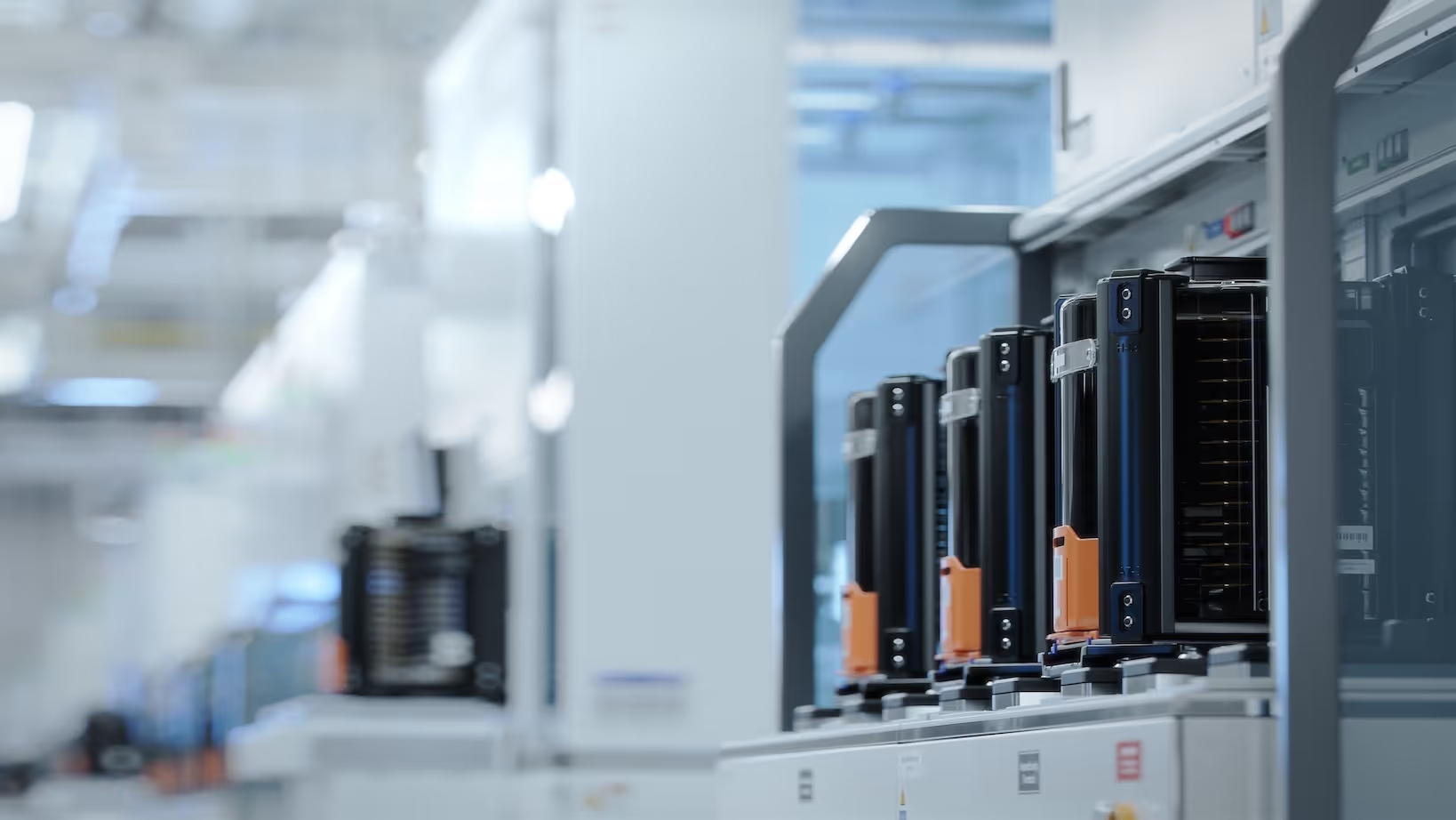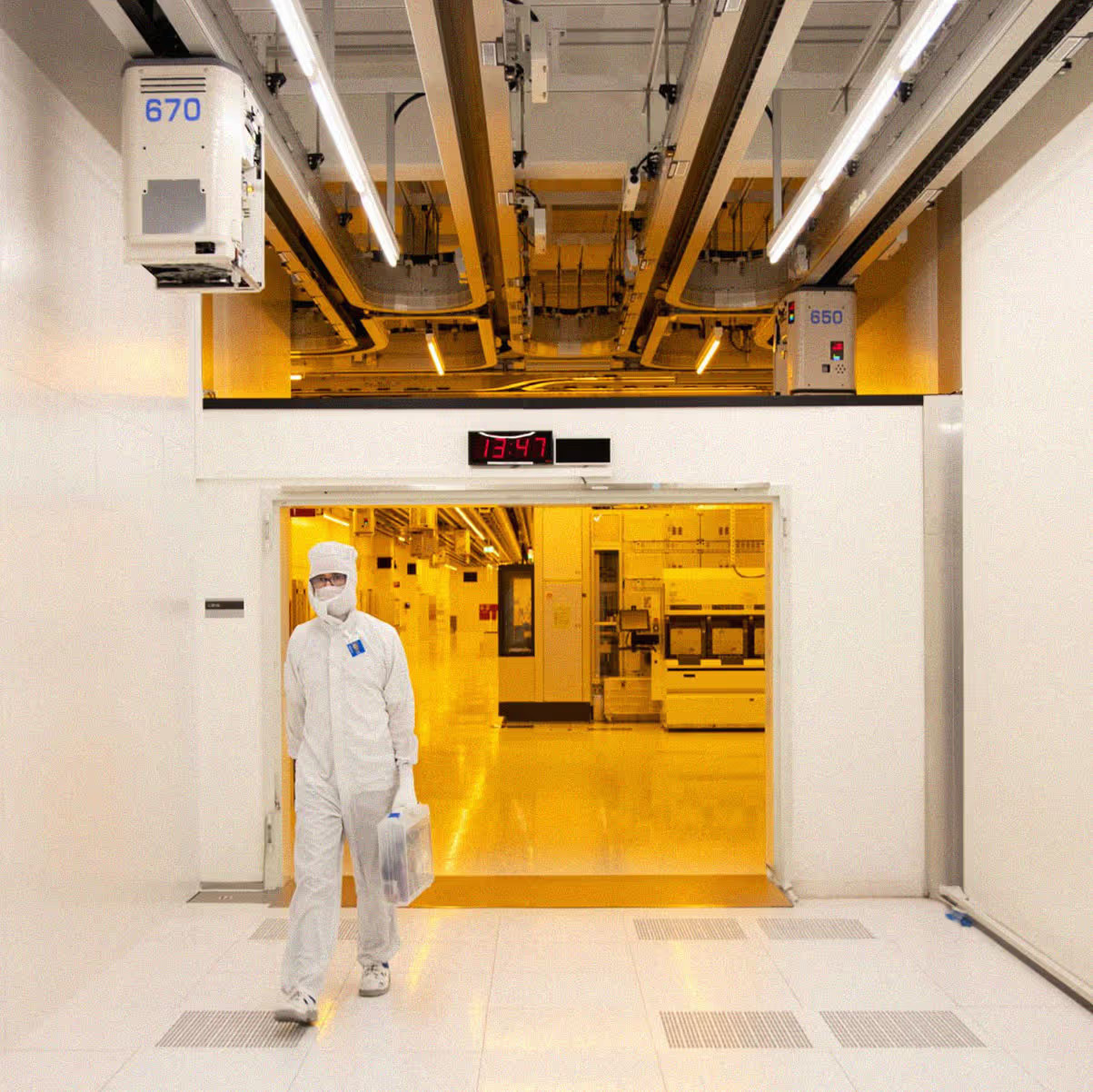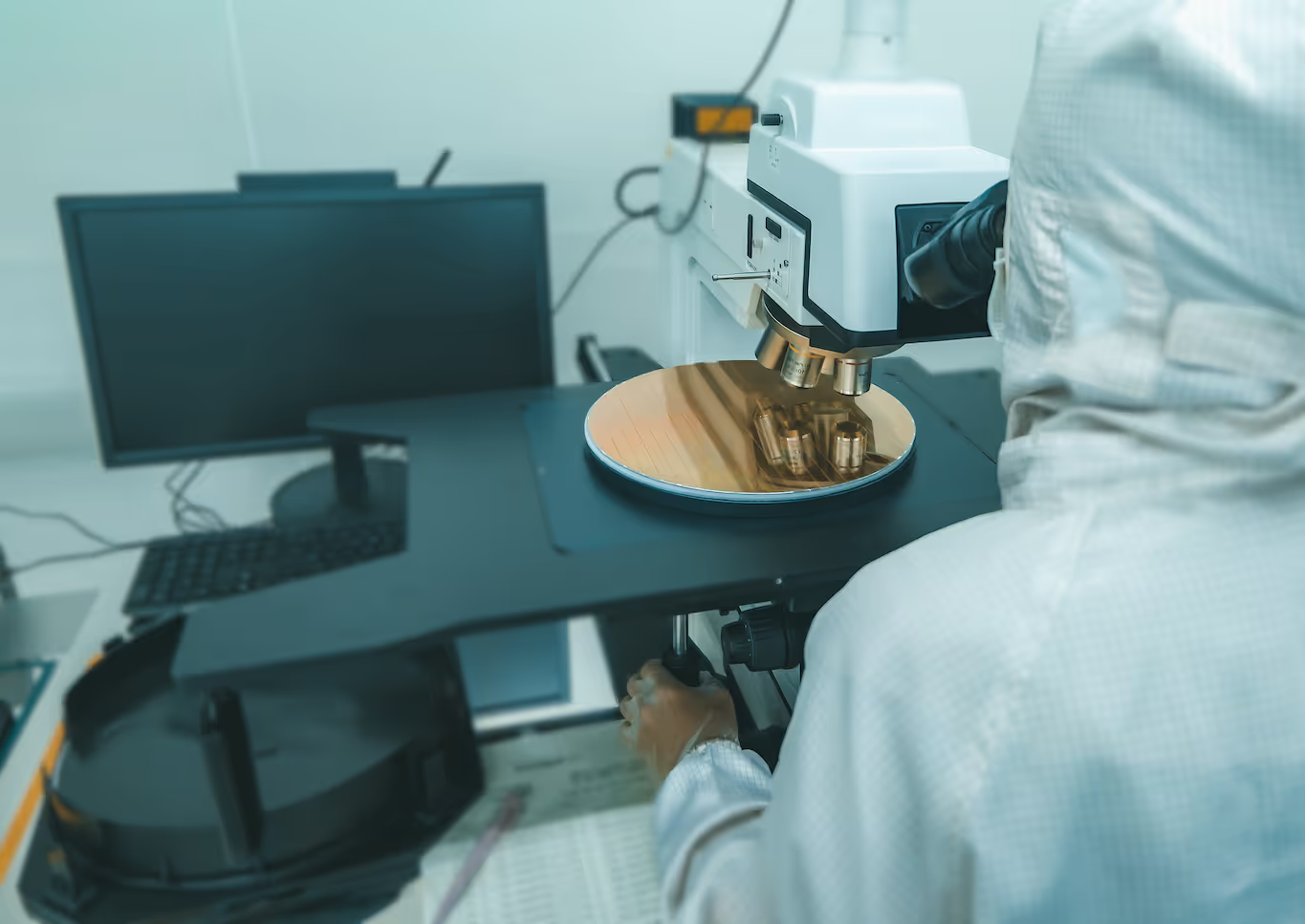Is It Time to Redefine the UK's Role Within the Semiconductor Industry?
Jamie shares his thoughts on the UK’s £1bn semiconductor strategy, why he thinks there's untapped potential with disruptive technology, and how the UK’s abundant talent pool could be the key for our growth in the global industry.
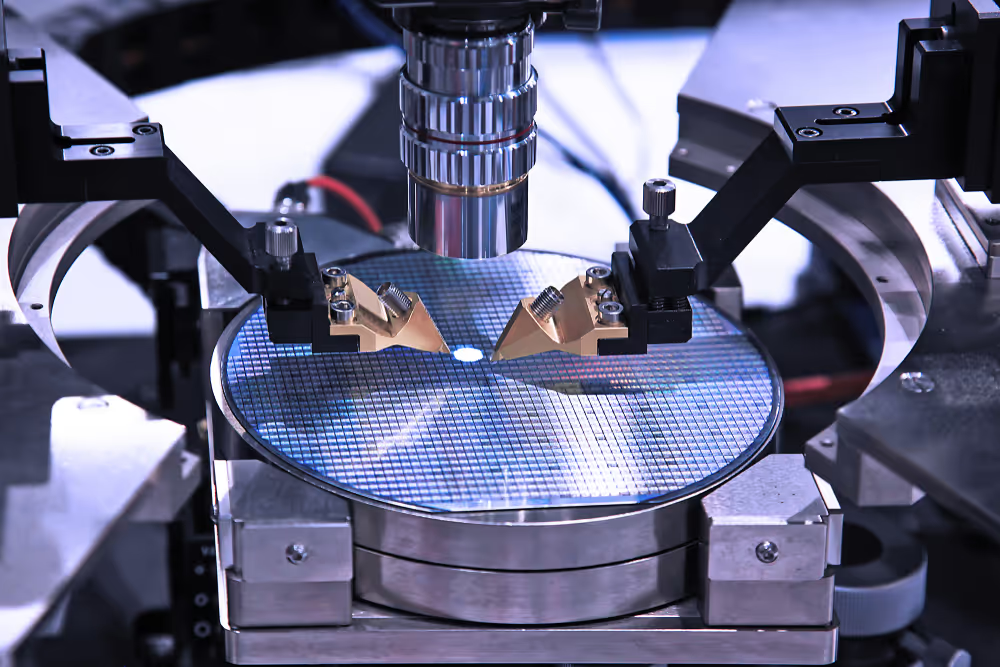
A missed opportunity
Rishi Sunak’s recent unveiling of the UK’s £1bn ($1.3bn) semiconductor strategy was always bound to provoke a reaction from critics. In an attempt to improve research and development and bolster international cooperation, the UK announced it will partner with Japan as part of its strategy. The aim of this collaboration is to foster knowledge sharing, increase expertise, and mitigate supply chain risks. The obscurity of the government’s strategy – as well as the delay from the original announcement date of autumn last year – tells me that they are very much still figuring this out. It appears the next step is to employ an advisory panel to help decipher what the actual actions will be before autumn of this year. A full year after the original date. Fundamentally, though, I think the UK has got this one right. It’s too late for us to start throwing huge amounts of money at building fabs, since we simply don’t have the capital or the resources to create our own security of supply. Instead, it’s much more beneficial for us to focus on specialisms that could make us globally relevant to the supply chain. However, what I’m less convinced about, is the government's understanding of the areas of expertise we already possess.
Let’s look at where the UK is particularly strong, as with a limited budget, focusing on creating that specialism makes sense. The obvious one here is chip design, which was detailed in the strategy unveiling last week. ARM has been at the forefront of this market for many years and, along with the spin-offs coming from the University of Cambridge, it’s a sector where the UK could be considered at the forefront. Other nations, such as China, have been offering a greater deal of support to their design companies for many years now, so it makes sense to match them if we want to remain competitive. Another obvious one is innovative new software and technology, which is not detailed in the government’s strategy. The skills shortage means that emerging technology like artificial intelligence will soon have to play a more central role in wafer fabs as they transition towards smart factories. We have a faster growing tech hub here than anywhere else in Europe, putting the UK in a prime position to establish itself as a global leader in smart manufacturing technology. Yet even with this opportunity sitting directly under their noses, I don't think the government has yet realised its potential.
For those who are unfamiliar, smart manufacturing refers to the integration of advanced technologies like artificial intelligence and automation into manufacturing processes and systems. It has the potential to transform traditional factories into intelligent, data-driven environments that enable much higher levels of efficiency with fewer skilled people required. Now, smart manufacturing is still very much an emerging field. At this point, only a handful of leading-edge manufacturers are concerned with it and even fewer have begun actually adopting it. But the current challenges faced by the industry, such as the skills shortage, are making its importance ever-more apparent.
The talent pool on our doorstep
The government seems to think that the best way to solve the skills shortage is to invest in the education of relevant fields. There’s no doubt that this will help somewhat, but it’s going to take a very long time. What they fail to take into consideration is that working in semiconductors used to be one of the most exciting prospects for skilled engineers. In some cases, it still may be, but now it has to compete with working for companies like Google or Apple. So as the demand for people rises with the construction of new fabs and tech companies continue to attract graduates, it’s going to be a challenge to attract the level of talent the industry needs in the time it needs it. As many of the vanguard wafer fabs are realising, a quicker and more realistic approach to solving the skills shortage is implementing smart manufacturing technologies.
The key component of smart manufacturing is software. The tech startup ecosystem here in London has a value of over £250bn ($314bn), which is over triple that of the next largest in Europe. The UK government is well aware that novel technology is a domain that the UK – and London in particular – is well positioned to become a leader in. But it seems they haven’t yet figured out that our strengths in this area could be applied to our semiconductor strategy.
The talent pool of software and data engineers we have access to here in London rivals that of anywhere else in the world. It’s one of the main drivers behind the capital’s success as a tech hub. With support from the government, this abundance of skilled engineers and software companies could be harnessed to create a specialism in smart manufacturing technology. Many of the disruptive technologies that will be used in wafer fabs over the next 20 years will come from outside of the traditional semiconductor supply chain, many of which could be already operating in London today. All of this means that the foundations for this new specialisation are already laid, giving the UK a head start to become a global leader in smart manufacturing.
To conclude, the UK's semiconductor strategy reveals both missed opportunities and potential for growth. While the government's collaboration with Japan and investments in chip design are steps in the right direction, our potential with emerging technologies seems overlooked. The UK's thriving tech hub, particularly in London, presents a pool of software companies and skilled engineers that could be leveraged to establish the country as a leader in smart manufacturing technology. By embracing smart manufacturing, the UK can help address the skills shortage, drive efficiency in the industry, and secure a position of relevance in the global semiconductor supply chain. However, it remains crucial for the government to recognise and harness these existing strengths to fully realise the potential for growth and competitiveness in the semiconductor industry.
Author: Jamie Potter, CEO and Cofounder
More resources
Stay up to date with our latest publications.





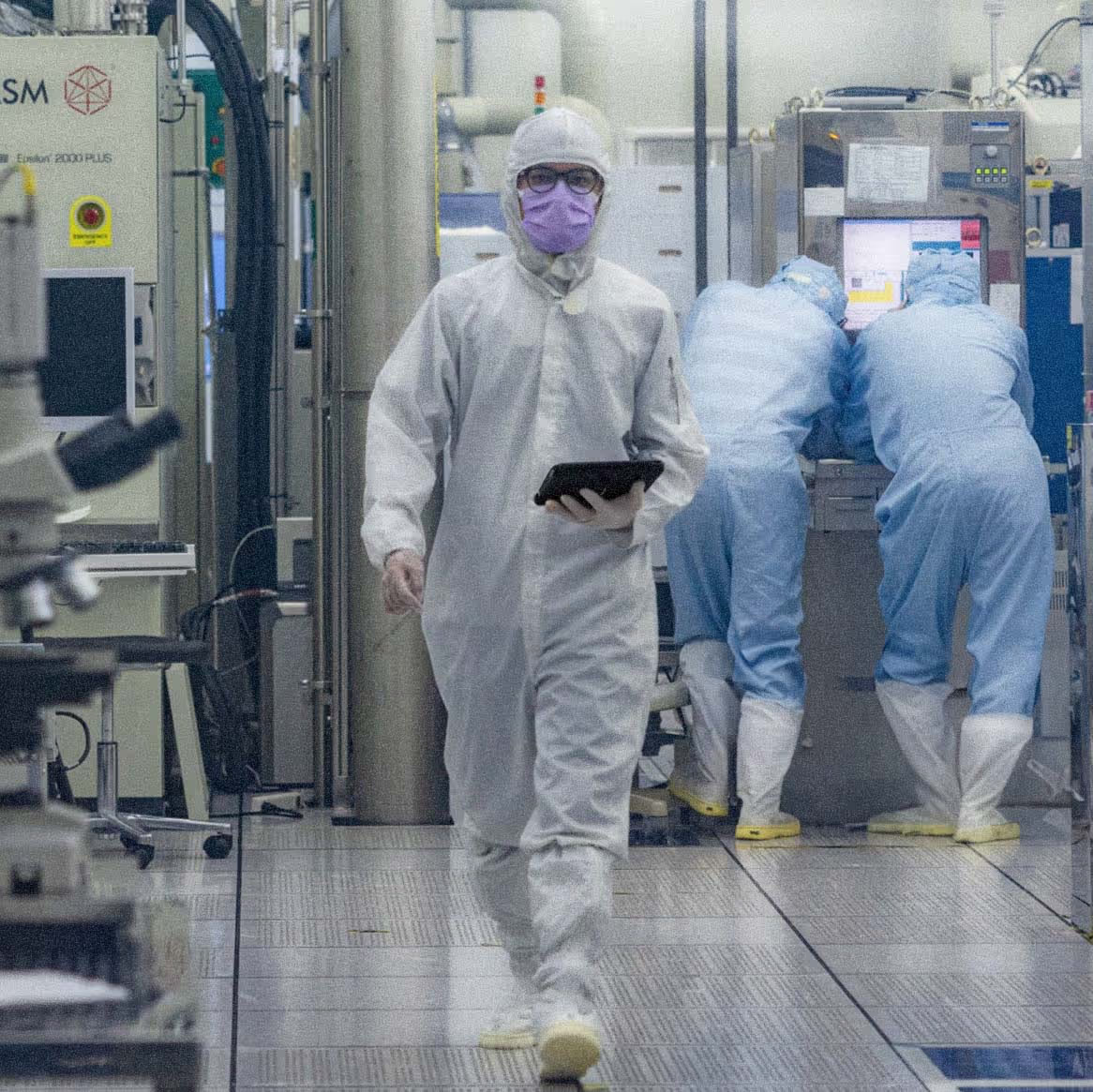

.avif)
.avif)
















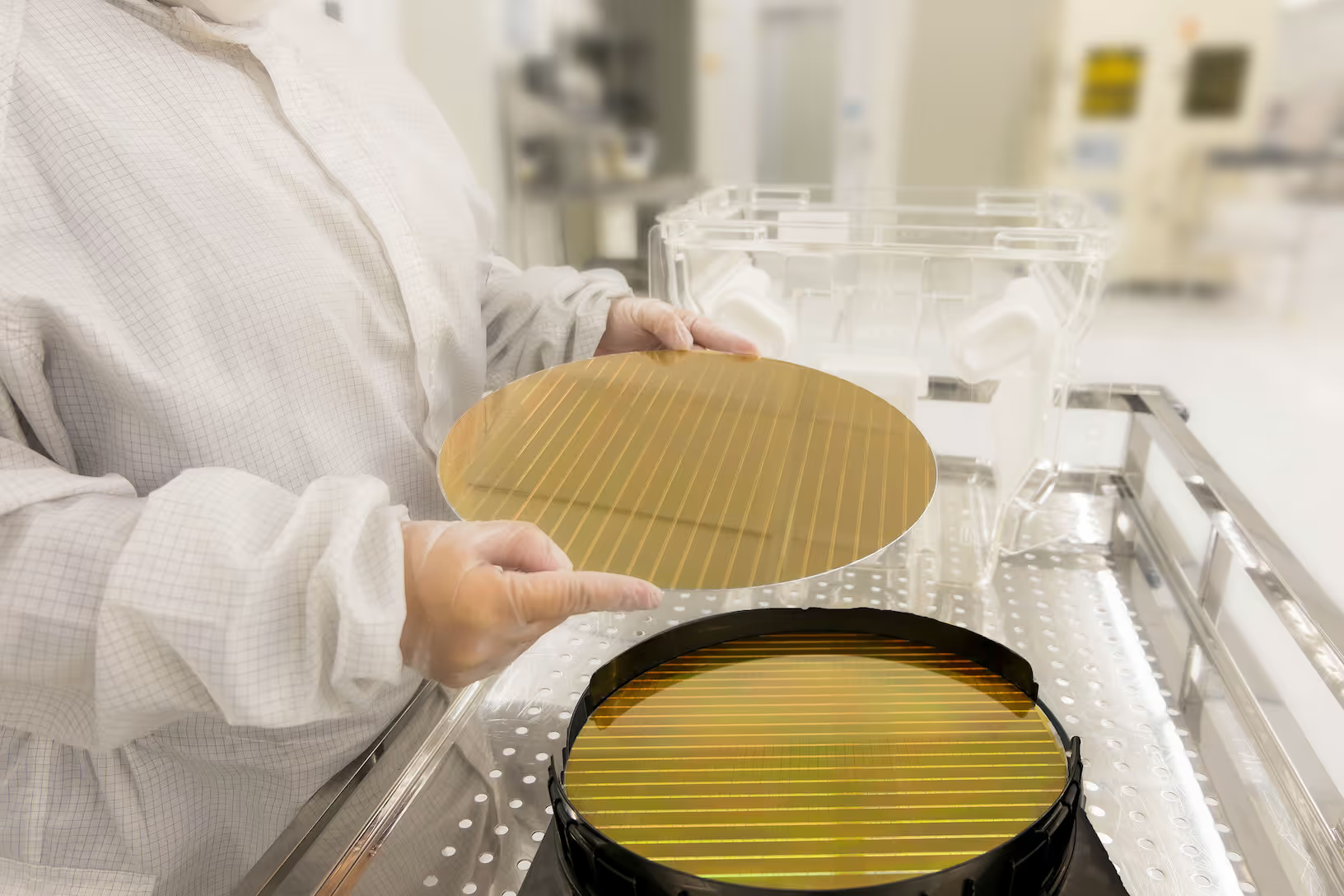









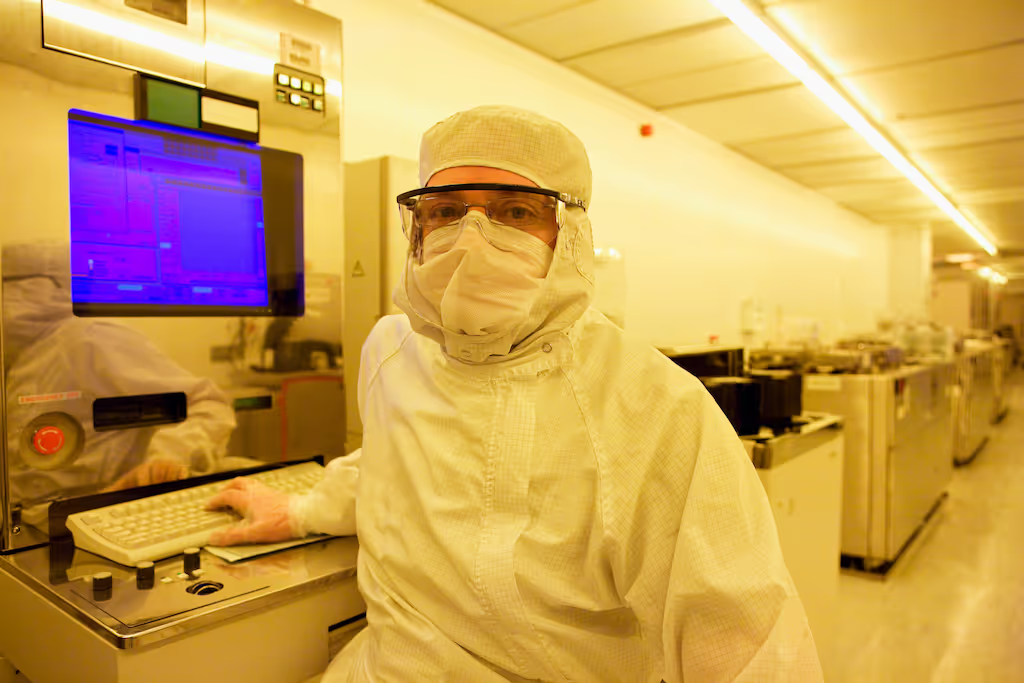



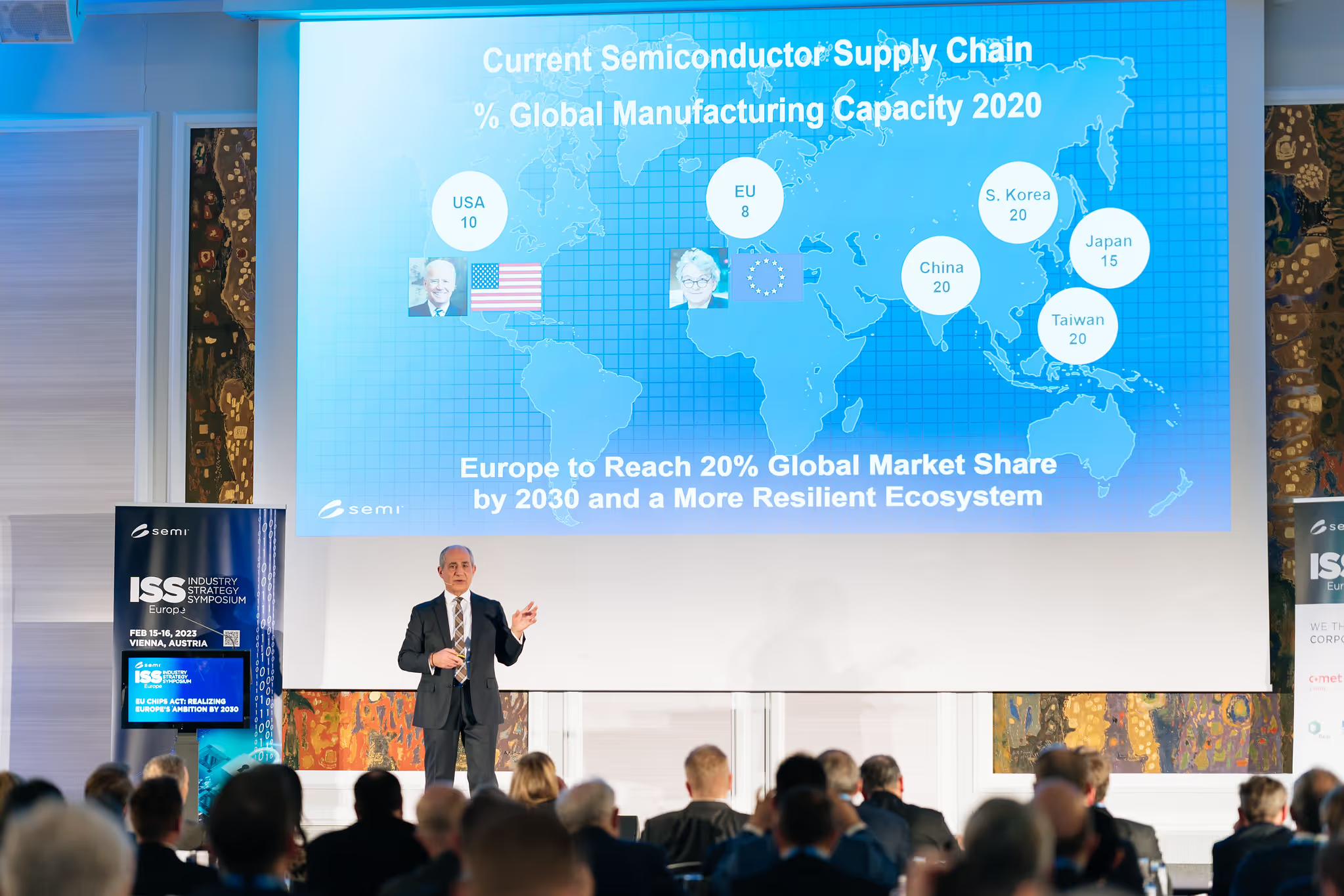

.avif)

